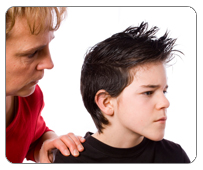Comprehensive Analysis of ADHD School Issues: Evidence-Based Insights from The ADD Resource Center
Students with ADHD encounter multifaceted challenges that significantly impact their educational experience. The fundamental symptoms of ADHD—including inability to pay attention, difficulty sitting still, and problems controlling impulses—create substantial barriers to academic success. These difficulties are compounded by executive function deficits, with research indicating that students with ADHD experience approximately a thirty percent developmental delay in organizational and social skills compared to their peers. This developmental lag means that a twelve-year-old’s executive functioning may resemble that of an eight-year-old, necessitating increased supervision and support beyond what is typically expected for their chronological age.









